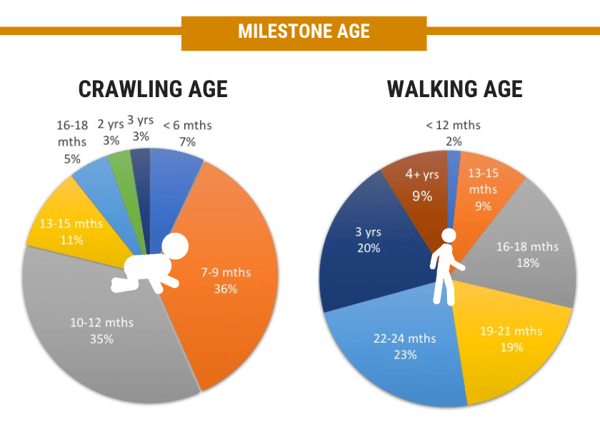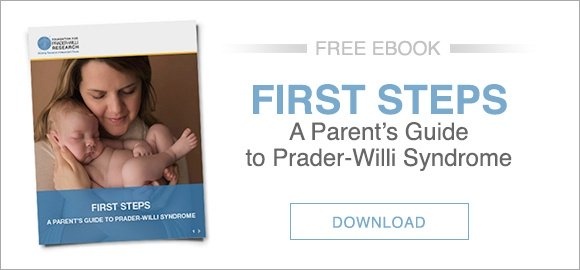 The time immediately following a diagnosis of PWS can be very difficult, and parents typically are dealing with an overwhelming amount of new information. It's important to take the time you need to process what is happening and connect with others for support. That said, early interventions should begin as soon as a diagnosis of PWS has been made. Research indicates early diagnosis and therapies may reduce the duration of tube feeding and prevent early obesity in Infants with PWS. Early intervention in children under age 3 years, particularly physical therapy, may improve muscle strength and encourage achievement of developmental milestones.
The time immediately following a diagnosis of PWS can be very difficult, and parents typically are dealing with an overwhelming amount of new information. It's important to take the time you need to process what is happening and connect with others for support. That said, early interventions should begin as soon as a diagnosis of PWS has been made. Research indicates early diagnosis and therapies may reduce the duration of tube feeding and prevent early obesity in Infants with PWS. Early intervention in children under age 3 years, particularly physical therapy, may improve muscle strength and encourage achievement of developmental milestones.
The Global PWS Registry developmental milestones survey is aimed at understanding the age individuals with PWS reach various milestones. The survey includes physical milestones such as sitting, crawling, and walking, as well as social and cognitive milestones such as first words and reading.

Note: Data reported from the registry compares favorably with historic reports of motor development in PWS.
This is likely a reflection of earlier diagnosis and more infants receiving growth hormone therapy.
The goal of early intervention and therapies is to help children meet these milestones earlier. Physical, occupational, and speech therapies are recommended for infants with PWS.
Physical Therapy
Physical is helpful to improve balance, coordination, and strength. Your physical therapist will work with your child to improve gross motor skills such as lifting his head, sitting, crawling, and walking.
Occupational Therapy
Occupational therapy primarily assists with fine motor skill development and hand control. Occupational therapists will also perform activities to help with sensory integration and may perform oral motor exercises to improve sucking strength in preparation for pre-speech.
Speech Therapy
Early assessment and intervention are critical to the development of functional communication. Parents are strongly encouraged to begin oral-motor therapy in infancy to assist with feeding and the acquisition of the oral-motor skills necessary for babbling and speech. If your child is receiving a diagnosis later in childhood, a speech and language assessment should be made as soon as the diagnosis is made. The Prader-Willi California Foundation provides an excellent brochure on speech and PWS.
Hippotherapy
Hippotherapy is commonly recommended for children ages 2 and above. The horse’s rhythmic, repetitive movements work to improve muscle tone, balance, posture, coordination, strength, flexibility, and cognitive skills. The movements also generate responses that are similar to (and essential for) walking. In addition, adjusting to and accommodating for the horse’s movements increases sensorimotor integration. You can learn more at the American Hippotherapy Association website.
Infant Massage
Research shows infant massage is beneficial in improving blood circulation, aiding digestion, enhancing the development of the nervous system, stimulating neurological development, increasing alertness, and improving immune function. View a video demonstration of infant massage here.
For more information to help you in the days, weeks, and months following PWS diagnosis, download the ebook First Steps: A Parent’s Guide to Prader-Willi, written by parents for parents.








